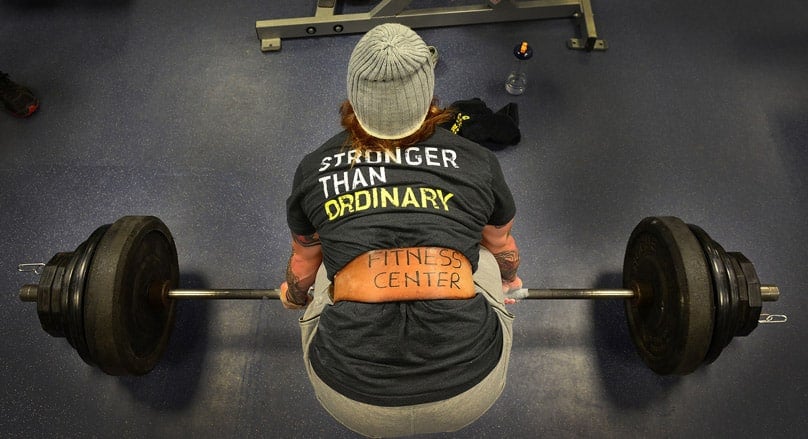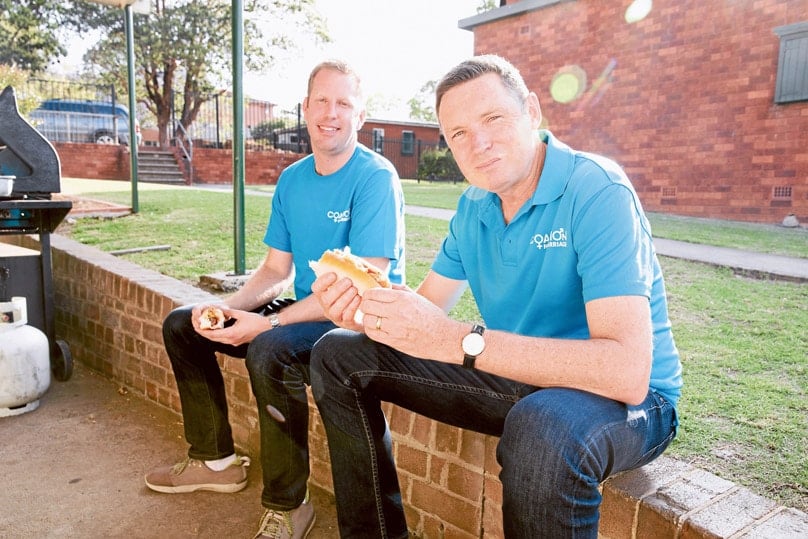
So, we lost the marriage plebiscite and by a decent margin too. 61.6 per cent to 38.4 per cent is a pretty convincing scoreline, and there’s no sugar-coating it. As someone deeply embedded within the “no” campaign, it hurts a lot. In the days following, I was pretty much paralysed in and by discouragement.
I’m not sure if you felt the same way but, on the off chance you do, I thought I would provide some thoughts on how we break through the flatness and find hope.
The truth is that nothing really changed last week or even in the last three months. Yes, we lost the vote but all the vote really did was give us a clear picture of what was already going on.
The idea that the role of the ABS is to collect “statistical information” was mocked throughout the campaign, but that’s exactly what its role is and that’s exactly what it did: it gave us statistics about the composition of Australian society today. All that is different now is the size of the task before us.
Maybe, before Wednesday, we didn’t think the gap was so wide. Maybe, before Wednesday, we thought that we could drift through life without actively engaging in political and social issues.
Maybe, before Wednesday, we had tricked ourselves into thinking that we wouldn’t have to spend the rest of our lives fighting.
If that’s true, then Wednesday was a much-needed wake-up call to all of us and that can only be a positive thing. Because the challenges ahead, the consequences of same-sex marriage, particularly for people of faith, are going to require us to be fully awake.

We are going to need to be alert to the impacts on freedom of speech, freedom of belief and parental rights, and be equipped and motivated to resist them.
The legalisation of same-sex marriage didn’t happen quickly.
It was the result of sustained effort and single-minded focus from those who wanted to see a change in our law. They didn’t begin their campaign three months ago or even ten years ago; there were preparations in place long before then.
Those who pushed for same-sex marriage prepared the ground so that, at this moment, it would be seemingly unthinkable for anyone to oppose two people of the same-sex getting married.
Consider the television show, Will & Grace, as just one example. It began 20 years ago, when representation of gay and lesbian characters on television was very rare.
Week after week, it brought the lovable gay lead onto our screens and into our homes. By the end of the series, Will was in a stable relationship with Vince and they were raising a son. And we were happy for him.
With popular culture getting ahead of actual culture, the path became easier.
The lobbyists have endured many defeats over the years, but every time they lost, they tried again.
We know that if last Wednesday’s result had been different, and a “no” vote had prevailed, then “yes” campaigners would not have been discouraged to the point of giving up; they simply would have continued to lobby until a change was made.
While I fundamentally disagree with them, I would be stupid not to learn from them.
If I want society to change; if I want to win not just the votes, but the hearts and minds of the 61.6 per cent of voters who ticked the ‘yes’ box for the postal survey, then I need to be prepared to put in decades of work to achieve it. I need to be prepared to fight every day or, on the days when I am not fighting, equipping myself for battle.
A footy team trains hard all year to have a shot at the premiership. The players who get to the grand final and lose can approach the loss in several different ways.
One option would be to believe that the effort they had put in all year was a complete waste because they lost, and that the next year, if they played at all, they wouldn’t bother to train or eat well or anything like that because the previous year’s discipline still resulted in a loss.
I think we can all agree that would be foolish, and would see the team never again be competitive in the game. Another option would be to change teams, figuring that taking another side would give them a better chance at victory.
While that could increase the chance of bringing back a premiership trophy, I imagine the win would be somewhat less enjoyable, because you wouldn’t be sharing it with your teammates.
The third option, I think, is where we must find ourselves now. We need to stick with the team, learn from the loss, and resolve to train harder and work smarter for the next season (and every season after that.)
We might lose another 20 grand finals but, even if we do, we will finish up united, disciplined and fighting fit. And as we finish up the liturgical year and our minds turn towards the end of our own lives, that wouldn’t be a bad place to be.
